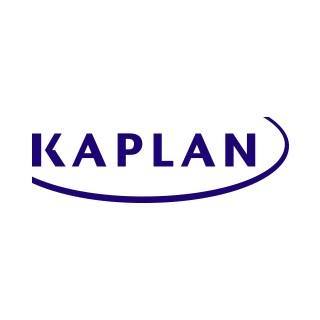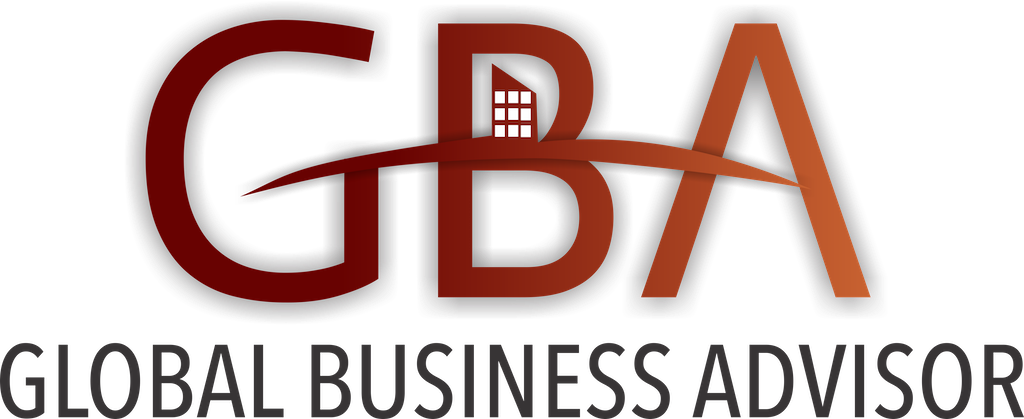Top 10 Accounting, Finance and Banking Courses in Milton Keynes, UK
Discover Courses Tailored For You
Find the best courses to enhance your skills in various domains. Our diverse selection of courses will help you achieve your professional and personal goals.
New Courses
Accounting, Finance and Banking students also learn
ACCA
Accounting
AML (Anti-Money Laundering)
Audit
Banking
Bookkeeping
CAIA (Chartered Alternative Investment Analyst)
CASS (Client Money and Assets)
CFA
CIA
CIMA
CMA
Compliance
CPA
Credit Management
Economics
Finance
Finance for Non Finance Managers
Financial Management
Financial Modeling
Financial Planning and Analysis
Financial Reporting
Fraud
FRM
IFRS
Insurance
Investment Analysis and Portfolio Management
Islamic Banking and Finance
Quickbooks
Sage Accounting Software
Stock Market and Forex Trading
Taxes
Treasury Management
VAT (Value Added Tax)
Study with Top Creative Specialists
Learn directly from top creative experts on CourseTakers. Enhance your skills with their practical insights and experience.
All Top 10 Accounting, Finance and Banking Courses in Milton Keynes, UK
List of available Accounting, Finance and Banking Courses in Milton Keynes, UK.
The Accounting, Finance and Banking courses in Milton Keynes are provided by the following institutes:
- Pitman Training, Milton Keynes
- Kaplan UK, Milton Keynes
- Global Business Advisors (Corporate Training Providers), Milton Keynes
Also, check out all Accounting, Finance and Banking Courses from all over UK.
38 Results



